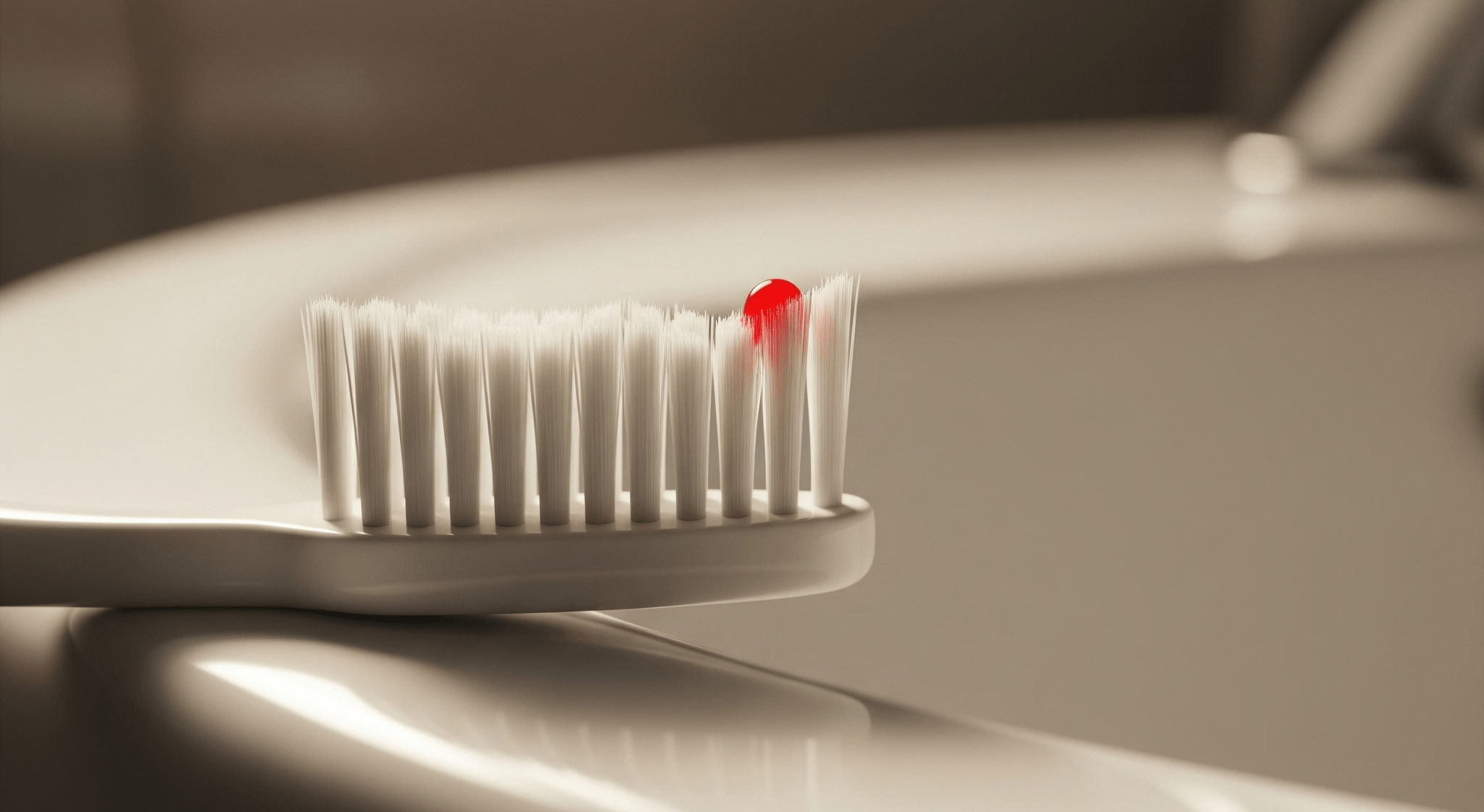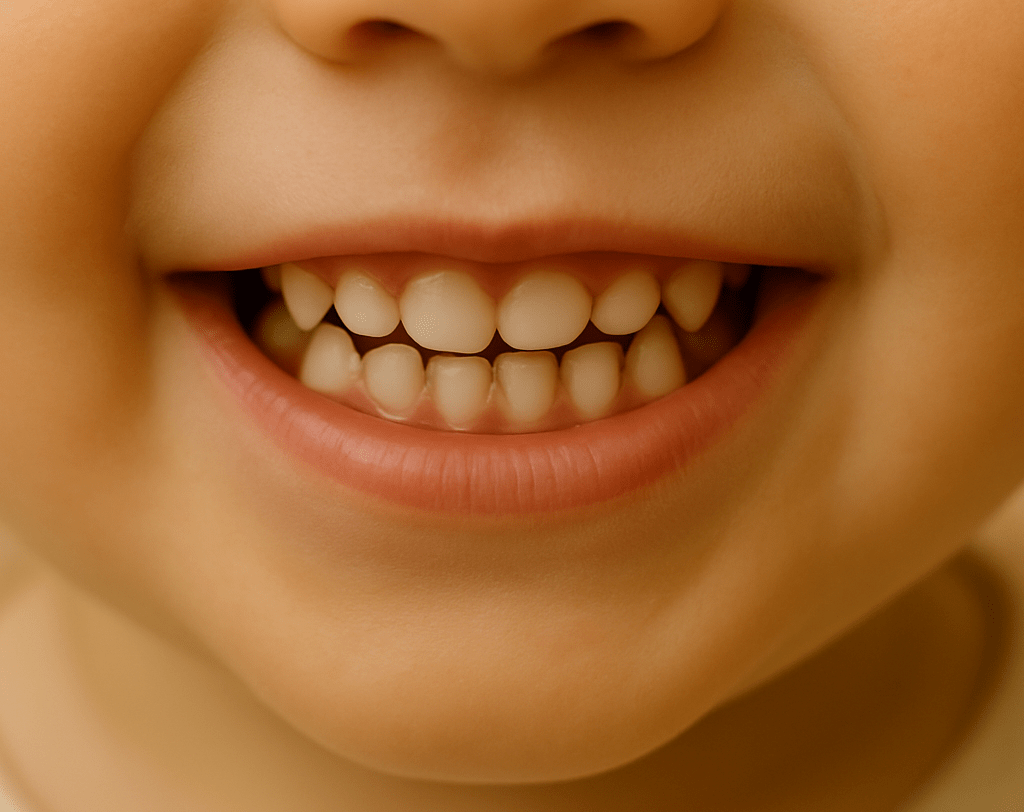Blog Highlights
- To determine the best method of treatment for your TMJ, it’s best to speak with your dentist
- Some common causes are high levels of stress and teeth grinding
- In extreme cases, you may need to undergo jaw joint surgery
TMJ pain can range from slight discomfort to excruciating pain. Unfortunately, there isn’t one cure all for TMJ. In fact, there are several different types of treatments that may reduce or eliminate your pain. In order to determine the best method of treatment for your TMJ, it’s best to speak with your dentist.
Treatments
Determining the cause of TMJ can be difficult. Some common causes are high levels of stress and teeth grinding. If your TMJ is caused by excessive stress, your dentist may recommend some relaxation techniques to release the muscles in your jaw. They may even recommend therapy or counseling.
If your TMJ is caused by clenching or grinding, your dentist may fit you for a bite plate, splint, or mouth guard. These devices will protect your teeth, keep you from grinding your teeth, and help regulate tension in your jaw muscles.
To relieve the pain and treat muscle spasms, you may try taking muscle-relaxants, over-the-counter pain killers, or anti-inflammatory drugs. While these medications won’t cure your TMJ, they can significantly reduce any pain you may be feeling.
In extreme cases, when the pain becomes too much and other methods of treatment fail, you may need to undergo jaw joint surgery.
If you start to experience pain in your jaw, make an appointment to visit your dentist immediately. It’s always better to address possible dental issues sooner rather than later.





